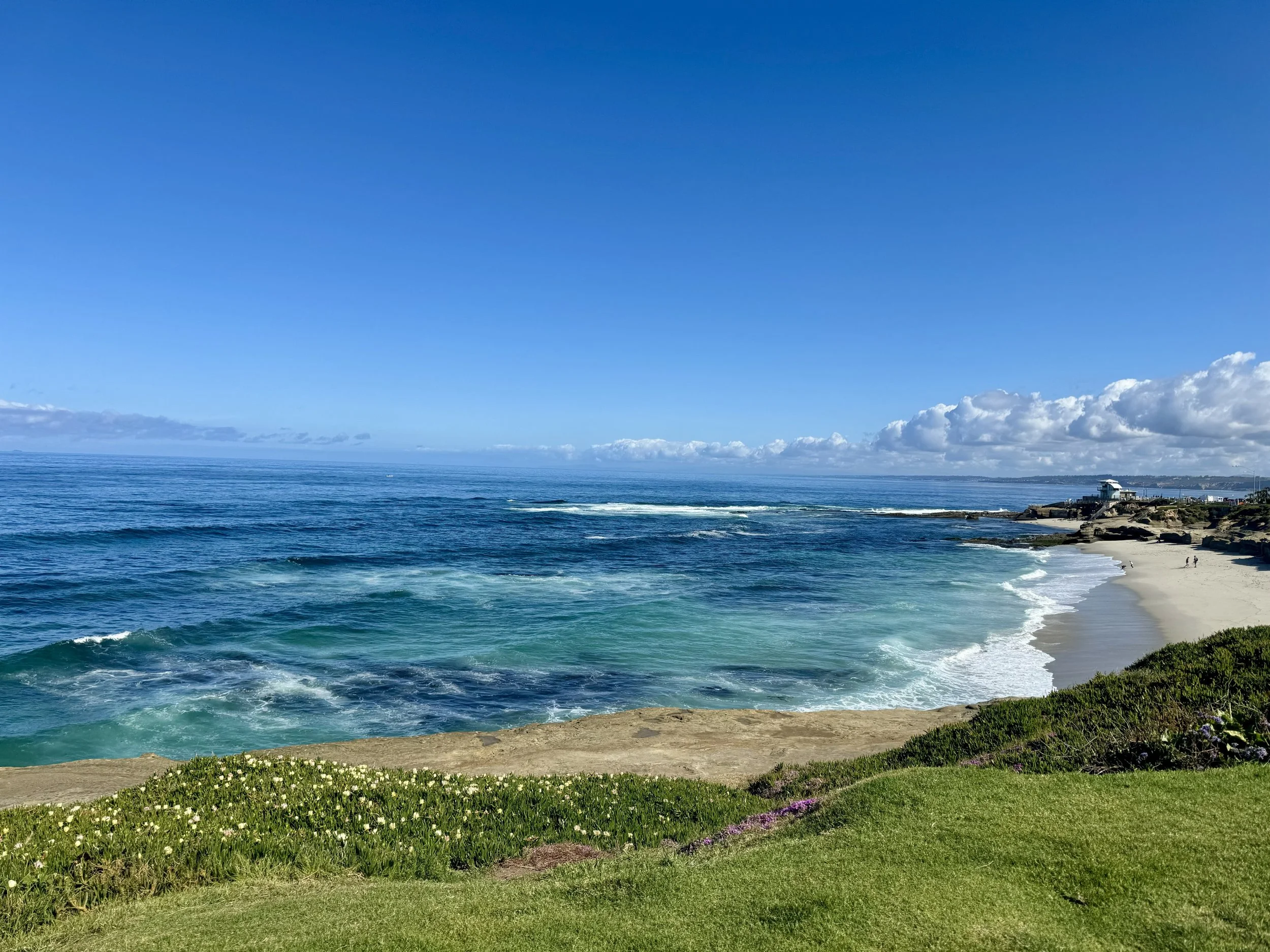Observe the month of Abib and keep the Passover to the Lord your God, for in the month of Abib the Lord your God brought you out of Egypt by night. And you shall offer the Passover sacrifice to the Lord your God, from the flock or the herd, at the place that the Lord will choose, to make his name dwell there. You shall eat no leavened bread with it. Seven days you shall eat it with unleavened bread, the bread of affliction—for you came out of the land of Egypt in haste—that all the days of your life you may remember the day when you came out of the land of Egypt. No leaven shall be seen with you in all your territory for seven days, nor shall any of the flesh that you sacrifice on the evening of the first day remain all night until morning.
Deuteronomy 16:1-4
The One Step Daily Devotional is intended to provide just one step each day for your journey with God. Every journey requires water breaks. Here is a water break for you.
The Jewish holiday of Passover commemorates the Lord’s mighty act of freeing the Jewish people from slavery in Egypt. A staple of the holiday is matzah bread. Matzah bread is a flat bread made without yeast. When the people of Israel were set free from the slavery of Egypt, their long-awaited freedom (they waited 400 years) came suddenly. The haste with which they had to leave Egypt did not allow their bread to rise.* To celebrate this, for centuries Jewish homes are not to use leaven during Passover week. There’s more to it than this, however.
Preparations for this week-long holiday actually begin weeks before the official holiday.* Jewish families across the world spend weeks removing all leaven from their homes.* Not only do they cease eating leaven during Passover, but they eradicate it from their lives, pursuing its removal from every nook and cranny.*
Yeast is fascinating as a small amount affects the entire dough, eventually taking it over.* Working unseen, much like a cancer, it insidiously does its work.* This metaphor was used as a common symbol for evil during the time that the New Testament was written.* Jesus refers to leaven in regard to the teaching of the Pharisees and Sadducees (Matthew 16:6).* His metaphor suggests that the false teaching (leaven) of the Pharisees and Sadducees against Him, if received, would pollute you completely against Him.*
During the time of Jesus, a leaven was a small piece of dough saved from the last batch that contained yeast and would be added to the new dough.* The new dough would then be completely impacted by the yeast of the previous dough.
How much do the things that we learned from the hurts and misunderstandings of our past completely pollute our present thinking? How many of us see ourselves, others, and God wrongly because of false lessons that we learned in the past? How easily do we take a moment of hurt from a previous season and add it like leaven to our understanding of our current season, allowing it to completely take over?
When was the last time we spent any amount of time (much less weeks) intentionally removing the false teachings (lies) that we have learned from our lives?
When the people of Israel left Egypt, they left their leaven behind. God required them to leave it as a part of the process of stepping into the freedom that He had for them. I wonder, what life-polluting false teachings is God asking us to leave behind in order to step into freedom?
Search me, O God, and know my heart!
Try me and know my thoughts!
And see if there be any grievous way in me,
and lead me in the way everlasting.
Psalm 139:23-24
Today, take a step.
Maybe today the one step God wants you to take is to give Him a chance to examine your heart. Perhaps today God is asking you to allow Him to remove false teachings about Him, yourself, and others by replacing them with His Truth. Maybe today God wants you to allow Him to search every nook and cranny of your soul to help you to step into freedom. Perhaps today God wants you to leave the past behind.
Whatever the step, ask God to direct it. Take a moment to take that step. Invite Him to speak. He will.
Life is a long road. Walk it with Jesus. Take a water break… we all get thirsty.
Feel free to comment at the bottom of this page! We would love to hear from you!
Carson, D. A. (2010). Matthew. In T. Longman III & D. E. Garland (Eds.), The Expositor’s Bible Commentary: Matthew–Mark (Revised Edition) (Vol. 9, p. 413). Zondervan.
Osborne, G. R. (2010). Matthew (Vol. 1, pp. 617–618). Zondervan.
Morris, L. (1992). The Gospel according to Matthew (pp. 415–416). W.B. Eerdmans; Inter-Varsity Press.
Keener, C. S. (1997). Matthew (Vol. 1, Mt 16:5–12). InterVarsity Press.
Turner, D. L. (2008). Matthew (p. 400). Baker Academic.
https://www.chabad.org/holidays/passover/pesach_cdo/aid/1753/jewish/Operation-Zero-Chametz.htm#utm_medium=email&utm_source=91_holiday_alert_en&utm_campaign=en&utm_content=content

